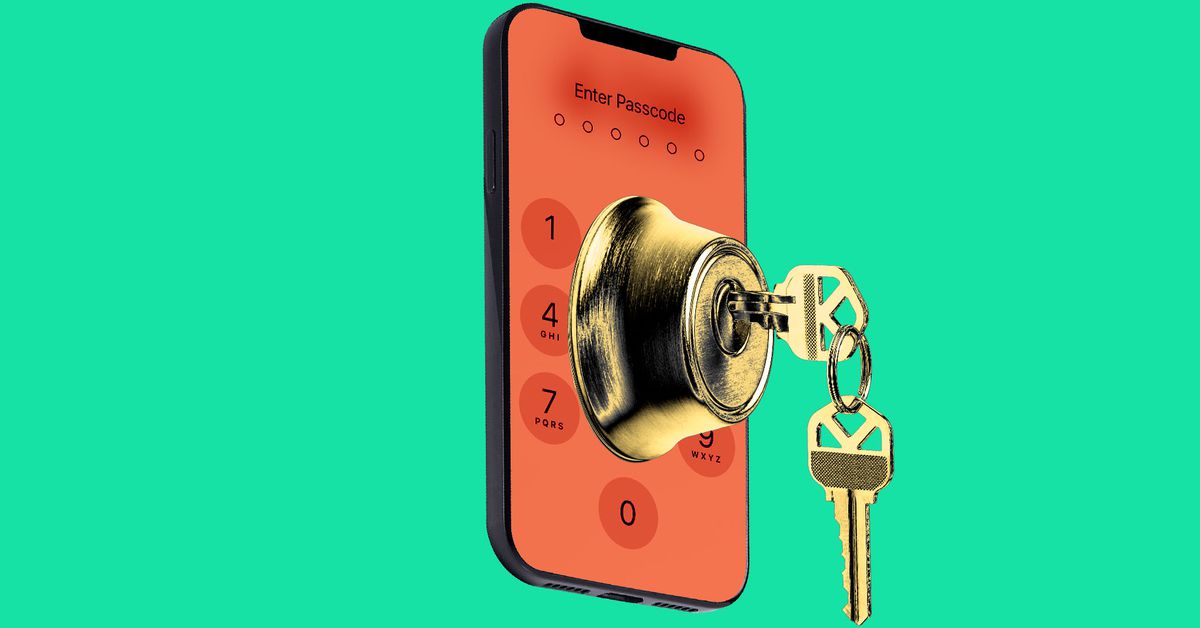US Gov says use encryption for text messaging.
Replace typical text messaging and voice calling with encrypted services comes in response to concerns over cybersecurity, particularly regarding Chinese hackers gaining access to major telecom systems in the U.S.
- Updated on 12-11-2024. Adding [Chinese Hackers Infiltrated US Telecom Networks] video.
The U.S. government's recommendation for American citizens to replace typical text messaging and voice calling with encrypted services comes in response to concerns over cybersecurity, particularly regarding Chinese hackers gaining access to major telecom systems in the U.S., including companies like Verizon and AT&T. This has raised serious concerns about the security of communications infrastructure in the U.S.
Here are some key points behind this recommendation:
- Chinese Cybersecurity Threat: The U.S. government has raised alarms about the growing sophistication of Chinese cyber-espionage efforts, which have included gaining unauthorized access to telecom networks. By infiltrating these systems, hackers could potentially intercept sensitive personal data, communications, and even manipulate services.
- Telecom Network Vulnerabilities: While the specific methods of these attacks may not be fully detailed, it’s believed that hackers might be able to exploit vulnerabilities in the hardware and software used by U.S. telecom providers. Even if you don’t use a major provider like Verizon or AT&T directly, many smaller carriers rely on their infrastructure, including cell towers and equipment, making them indirectly vulnerable as well.
- Lack of Encryption in Traditional Systems: Traditional text messaging (SMS) and voice calls (especially on older or non-VoIP networks) are typically not encrypted end-to-end, meaning that these communications can be intercepted or monitored by malicious actors, including state-sponsored hackers. This makes them vulnerable to surveillance, both by hackers and potentially by adversarial governments.
- Encryption as a Solution: Encrypted messaging and calling services (e.g., Signal, WhatsApp, or encrypted email) provide end-to-end encryption, meaning that only the sender and recipient can read the messages or hear the calls. Even if an adversary were to intercept these communications, they would be unable to decipher the content without the proper decryption keys. These services help safeguard privacy and security against potential eavesdropping.
- Wider National Security Implications: The U.S. government is concerned not only about individual privacy but also about the potential for espionage or the disruption of critical communications infrastructure. If hackers gain control of telecommunications networks, they could potentially disrupt essential services, spy on government officials, or manipulate communications to create confusion or spread misinformation.
As a result, the government is encouraging citizens to use encrypted messaging and calling services whenever possible to help protect both personal and national security. This recommendation comes as part of broader efforts to defend against state-sponsored cyber threats and protect the integrity of the nation's communications systems.

